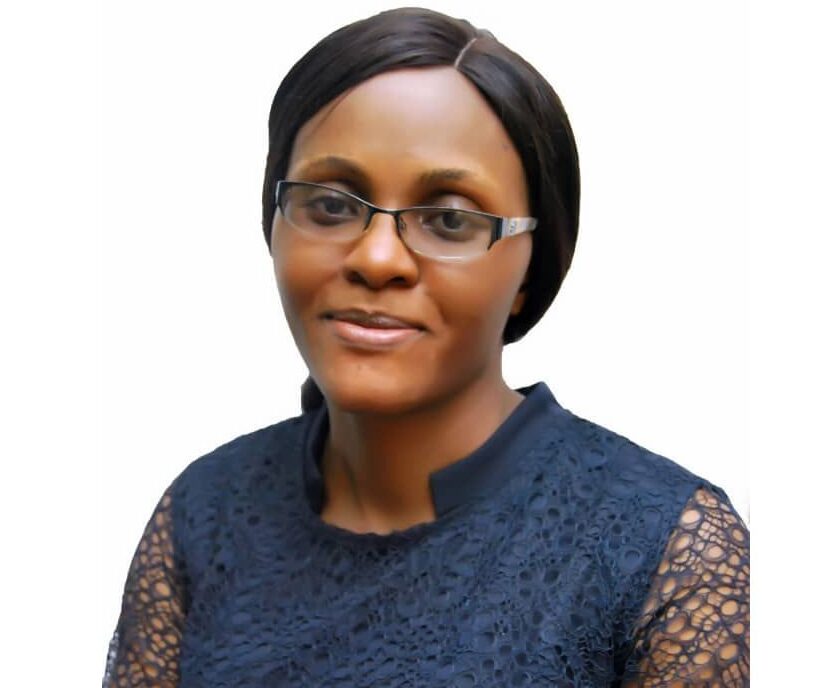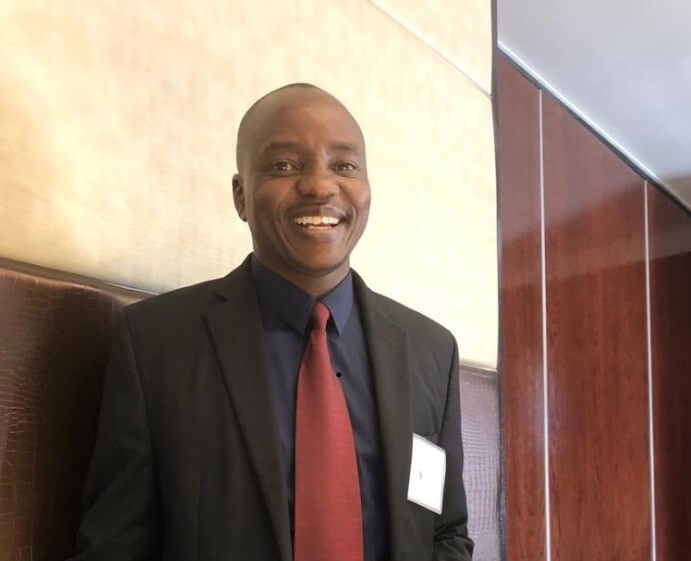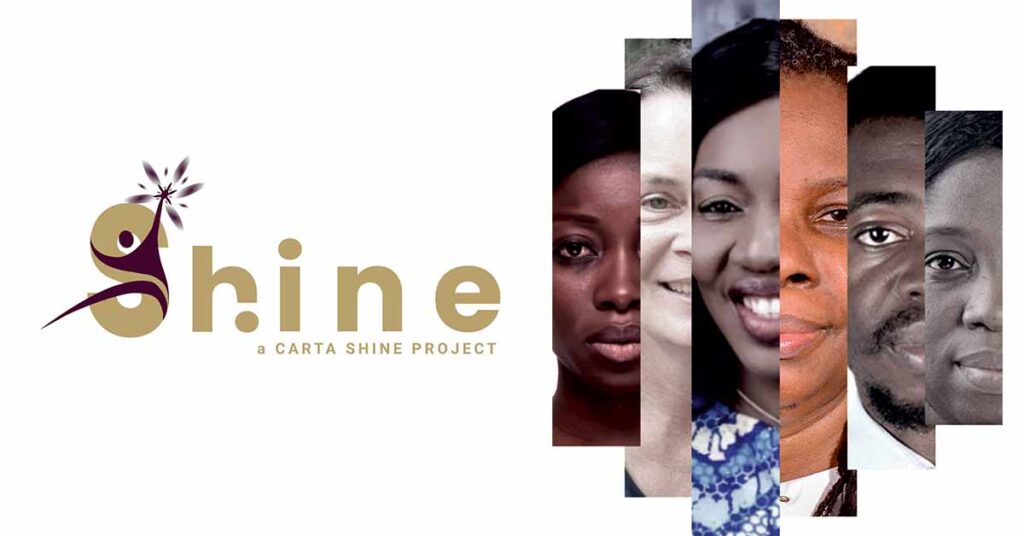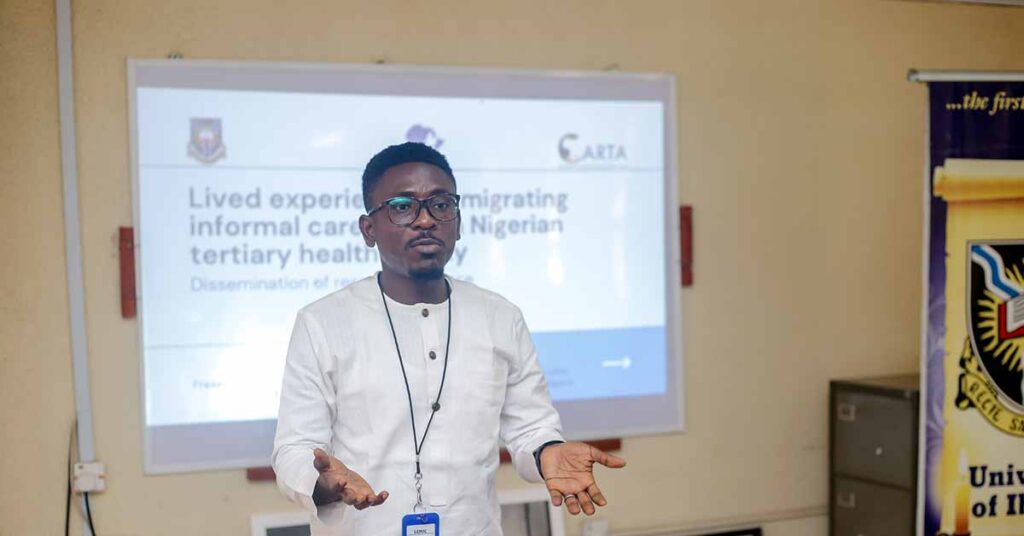This year’s World Tuberculosis (TB) Day focused on the theme “Yes! We can end TB,” which was also last year’s theme. It is important to consider what we know – or should know – about TB, including our progress so far, where we stand today, and what we need to do to end TB by 2035.
TB is caused by a germ (a microscopic bug) called Mycobacterium tuberculosis (Mtb), discovered by Robert Koch on March 24, 1882 (thus World TB Day). Since then, we have made significant progress in the fight against TB. We know that TB can be prevented, and for many years we have had medicines that work against TB. These include medicines that can prevent TB: nearly a century ago, scientists developed the BCG vaccine, which is still in use today despite its limitation to prevent severe forms of TB. Our efforts to end TB have saved 75 million lives worldwide since 2000.
Despite the commendable progress, the TB epidemic persists, with many families and communities, particularly in developing countries, still suffering from this infectious disease. In recent years, there have been nearly 11 million new cases and 1.6 million deaths from TB each year. The COVID-19 pandemic, which broke out in 2019, exacerbated this problem. Although we were making progress with the End TB strategy, the pandemic caused us to lose some of that progress. According to the WHO Global Tuberculosis Report 2023, there were 10.6 million new cases of TB and 1.3 million deaths worldwide in 2022. Nearly 3 million people with TB do not receive the care they need, and many cases of TB remain undiagnosed or unreported. In a recent prevalence survey, it was observed that around half of all people with TB in Kenya are missed and go unreported. Kenya remains one of the 22 countries most affected by TB, having reported 128,000 incident cases of TB in 2022, 23% (29000) being people living with HIV, 31% (8900) of whom died. Additionally, cases of TB that are resistant to medicines are on the rise in many regions.
TB is a contagious disease that spreads through the air when infected individuals cough or sneeze. Not everyone who contracts TB will spread it, and not everyone exposed to TB will get sick. However, some people, known as superspreaders, are more likely to infect others. To control TB, targeted efforts should focus on identifying and treating highly infectious individuals. A research team has developed a clinical prediction tool to identify such individuals by analyzing their clinical and inflammatory profiles. These findings are crucial for policy and practice in TB control efforts, as superspreaders significantly contribute to ongoing TB transmission. Clinicians can use different profiles to identify highly infectious individuals and provide them with early treatment and targeted TB preventive therapy. This approach can also be used to identify close contacts who may need preventive therapy.
Most people who are exposed to TB will have latent TB, which means they have TB germs in their bodies but do not feel sick. However, these individuals have a 10% chance of getting sick with TB at some point in their lives. In high-burden settings, such as Kenya, where TB is prevalent, up to 25% of the population may have latent TB. Our team’s recent study in Kenya revealed that almost 50% of people living with HIV also have latent TB. People with weak immune systems, such as those with HIV, malnutrition, or diabetes, or those who smoke, are at higher risk of developing active TB. Household contacts exposed to highly infectious individuals have an even higher prevalence of latent TB infection (85%). We suggest that instead of classifying all TB-exposed individuals into one category for TB preventive therapy (TPT), we need to explore the clinical and cost implications for targeted TB preventive therapy based on the level of exposure and clinical risk factors.
According to a recent prevalence survey conducted in Kenya, when individuals are exposed to tuberculosis (TB), some will progress to active TB which is symptomatic and can be mistaken for other respiratory illnesses. On the other hand, some people may experience very mild symptoms that are often missed even during hospital visits.
Diagnosing TB can be challenging, especially among people with mild or no symptoms, people living with HIV, and children. Therefore, there is a need for improved diagnostic tools for TB. Our research team has demonstrated that cough features can be used to diagnose TB and is investigating other methods to diagnose TB early, including combined methods for diagnosing and monitoring TB and HIV in adults and children.
To ensure effective treatment and control drug resistance, we need to carry out implementation research to find innovative ways to deliver timely medicines for curative and preventive purposes. Personalized medicine has a role in TB care, and context-specific data can support the implementation of evidence-based strategies tailored to the needs of each community. For example, our team has demonstrated that volunteers in Nairobi, Kenya, who have a predominance of the rapidly metabolizing enzyme type may be at higher risk of developing drug resistance during TB treatment, underscoring the need for a context and population-specific approach.
The fight against TB is facing significant challenges, such as a lack of funding to combat TB and a lack of prioritization, especially with the ongoing HIV epidemic and the aftermath of the COVID-19 pandemic. To end the TB epidemic by the year 2035, governments, organizations, communities, and patients need to work together. Communities and patients should be involved in decisions about their health to improve TB detection and treatment. Collaboration globally and across different sectors is crucial to control TB better by sharing knowledge, skills, and resources. We need to focus on strategies aimed at preventing TB and providing good care for those who have it in an integrated approach to manage costs. Environmental control measures such as using special filters in buildings can also effectively prevent TB and control the spread of other airborne infectious germs such as COVID-19 and other respiratory diseases. Additionally, we need to support the discovery and development of vaccines that can effectively prevent TB infections and progression to disease, as the existing BCG vaccine has limitations. While ending TB by 2035 is ambitious, it is possible, but it depends on universal commitment, innovation, and substantial allocation of resources to prioritize comprehensive control measures against TB.
Lilian Njagi (cohort 9, University of Nairobi) is a Clinical Research Scientist at the Center for Respiratory Disease Research, Kenya Medical Research Institute, a guest lecturer at the University of Nairobi, and a fellow and teaching assistant in the TB/HIV training program (TBHTP) of the University of Nairobi, University of Washington and Kenya Medical Research Institute.




